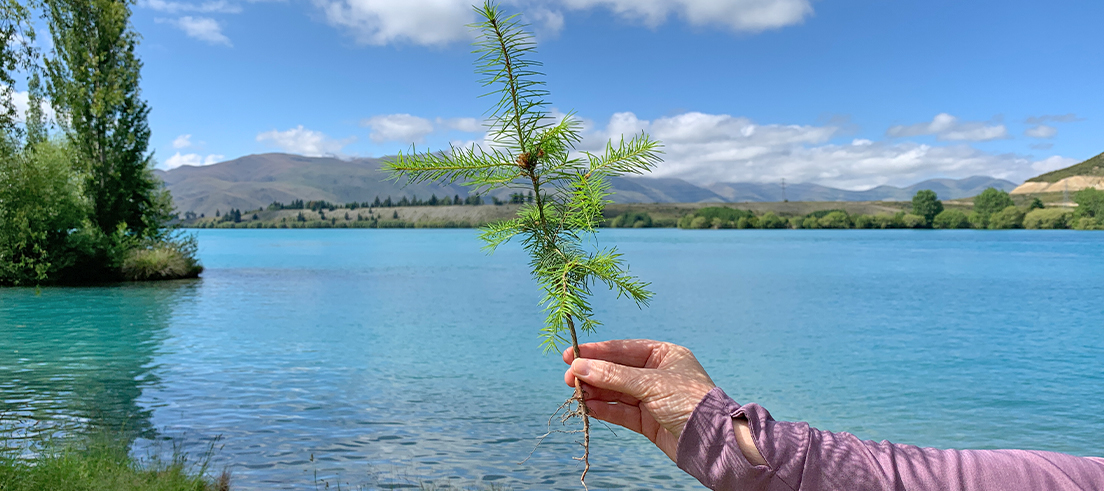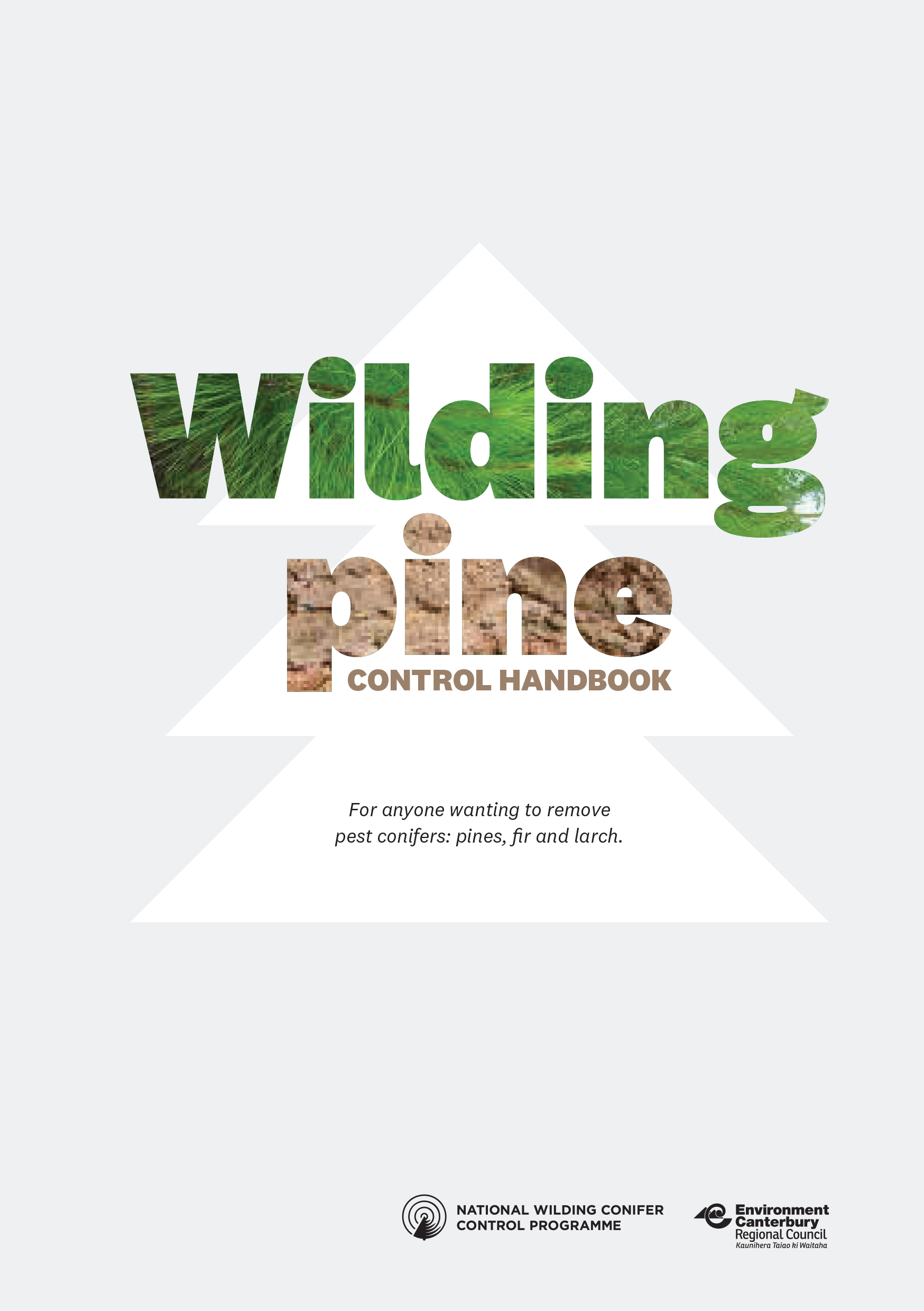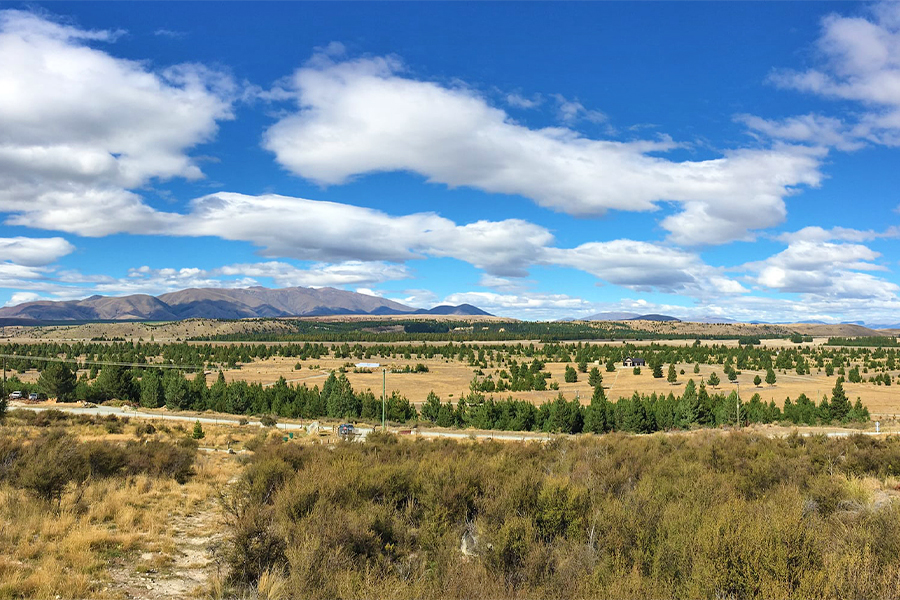
Master wilding pine control with our new handbook
We worked with Biosecurity New Zealand and the Wilding Pine Network to develop a new handbook to help landowners understand the risks posed by wilding pines and how they can be removed and replaced.
Help us slow the spread of pest pines
Councillor Nick Ward said that although many people living in areas with wilding pines are already doing what they can, the wider community and holiday-makers needed to be aware of the fire risks, particularly around wilding pines, and the importance of controlling their spread.
"Controlling wildings in Canterbury/Waitaha is a big job, and we don't have the funding available to continue the work we have been doing over recent years to try to get ahead of them spreading.
"We're planning to meet with Ministers in the new year to discuss the challenges we're facing in these areas, until then, we need landowners to help us and take action to help slow the spread of pines on their properties," Cr Ward said.
The handbook includes details on identifying the species that are a problem on your land (not all conifers are a pest species), selecting the best method to control them and choosing suitable replacement plants that deliver what you need without being invasive.
The new handbook will help educate and guide about the risks wilding pines pose for our native biodiversity and landscapes, especially as we head into a dry summer and fire season.
Wilding pines are wildfire super-spreaders
The Mackenzie Basin is becoming increasingly vulnerable to wildfire due to hotter, drier and windier conditions caused by a changing climate, an escalating wilding pine problem and limited national funding for wilding pine control.
Ross Ivey, Chair of the Wilding Free Mackenzie Trust, said recent fires at Lake Pukaki and Lilybank Station near Lake Tekapo had locals concerned about the risks of fire this summer.
"We’ve had four significant fires in this area in the past few years, fortunately with no loss of life."
While trees in the right place are valuable for shade, privacy and recreation, self-seeded wilding pines are the perfect fuel for wildfire as they enable fire to travel quickly and burn longer, putting lives and properties at risk.
"What’s at stake with wilding pine spread is the loss of the Mackenzie as we know it. We will quickly lose more than just the iconic views - we’ll lose native species, precious water resources and land for food production, tourism and recreation. And the wildfire risk just increases as they spread," Ivey said.
It is hoped the handbook will inspire action from urban and rural landholders - every pest conifer (pine, fir, larch), once it reaches coning age, is contributing to the problem.
Further information
- Learn more about wilding pines and how to identify them
- How to control wilding pines
- Find out more about the national wilding pine programme
- Find out more about other pests in Canterbury/Waitaha


